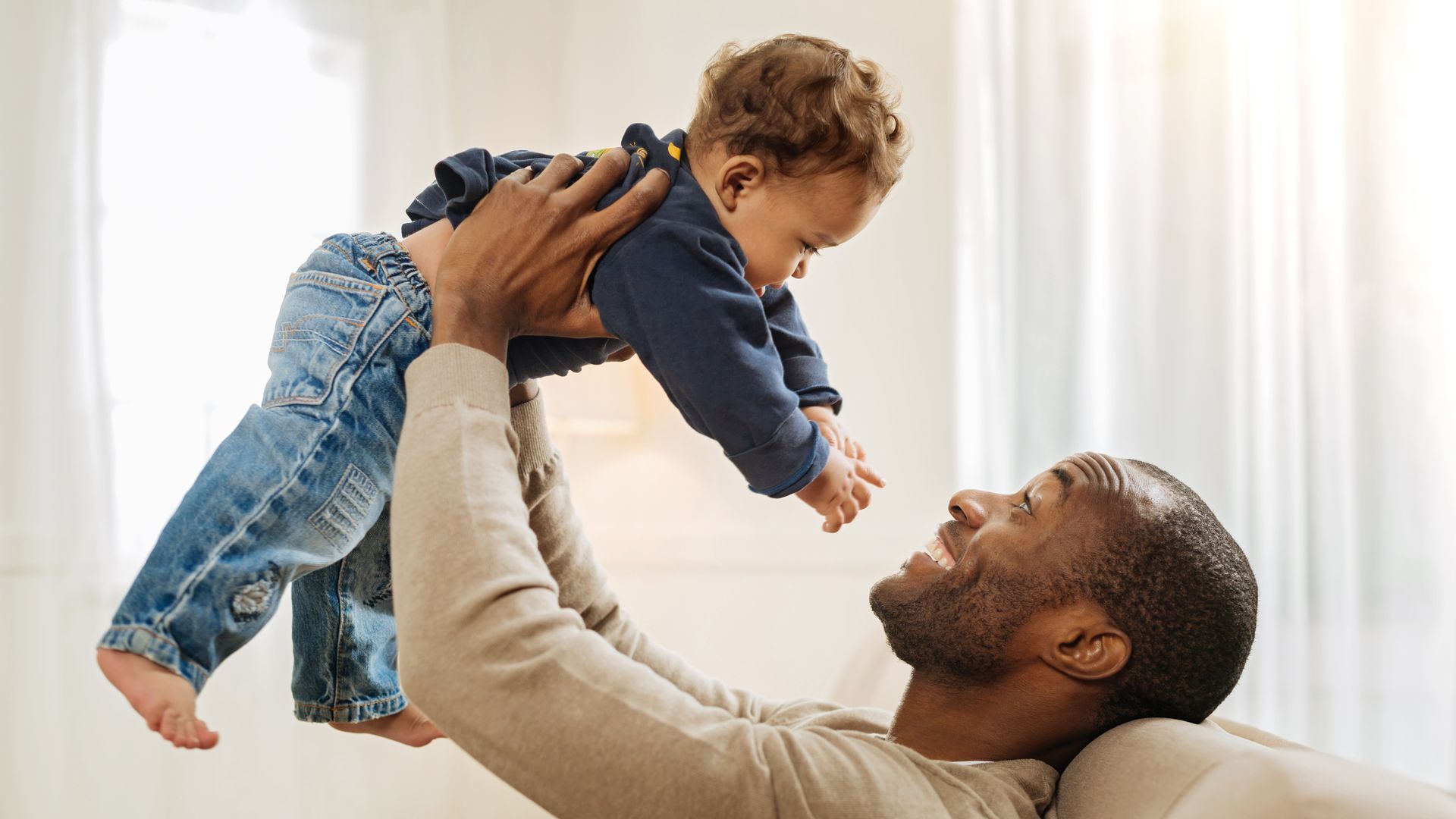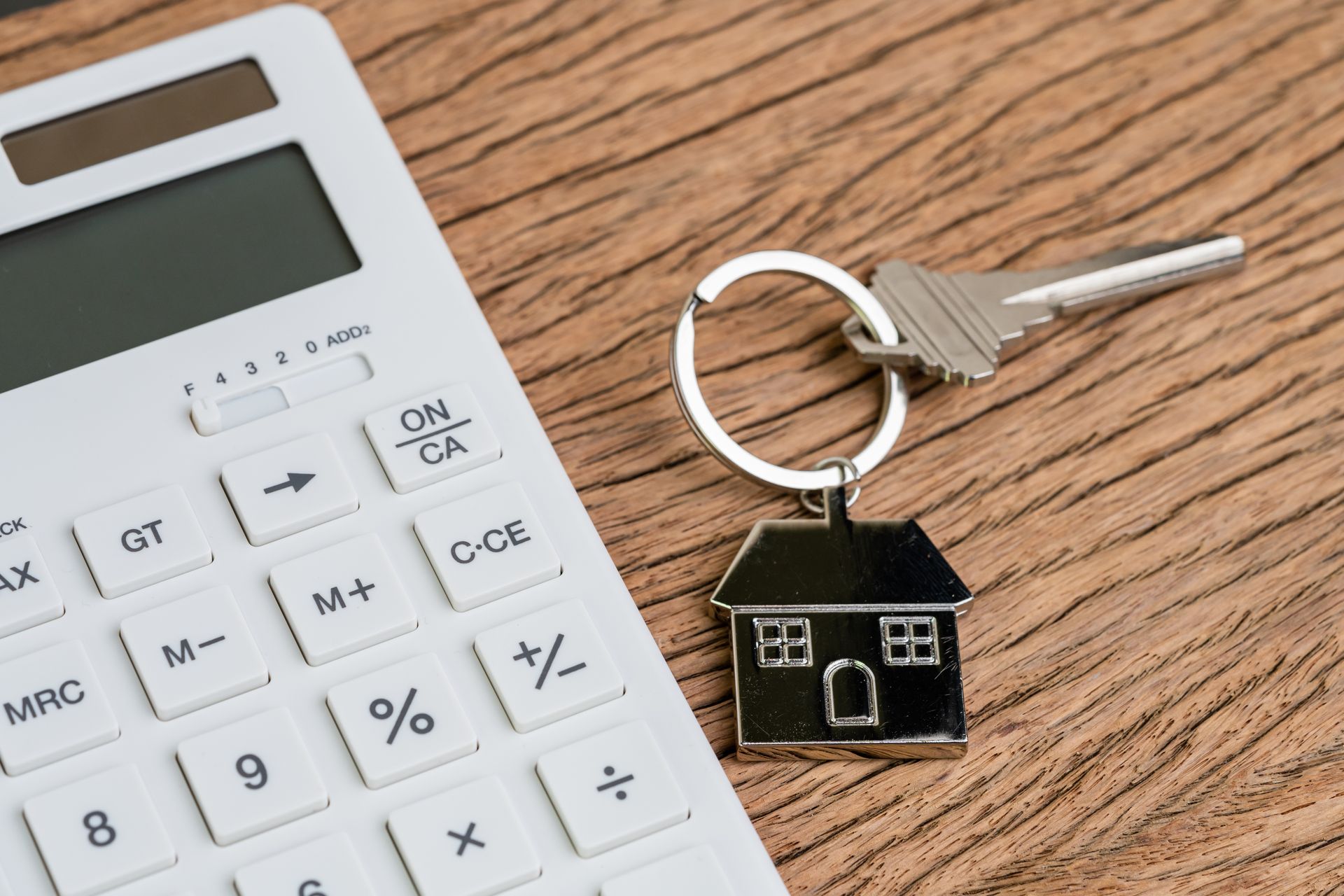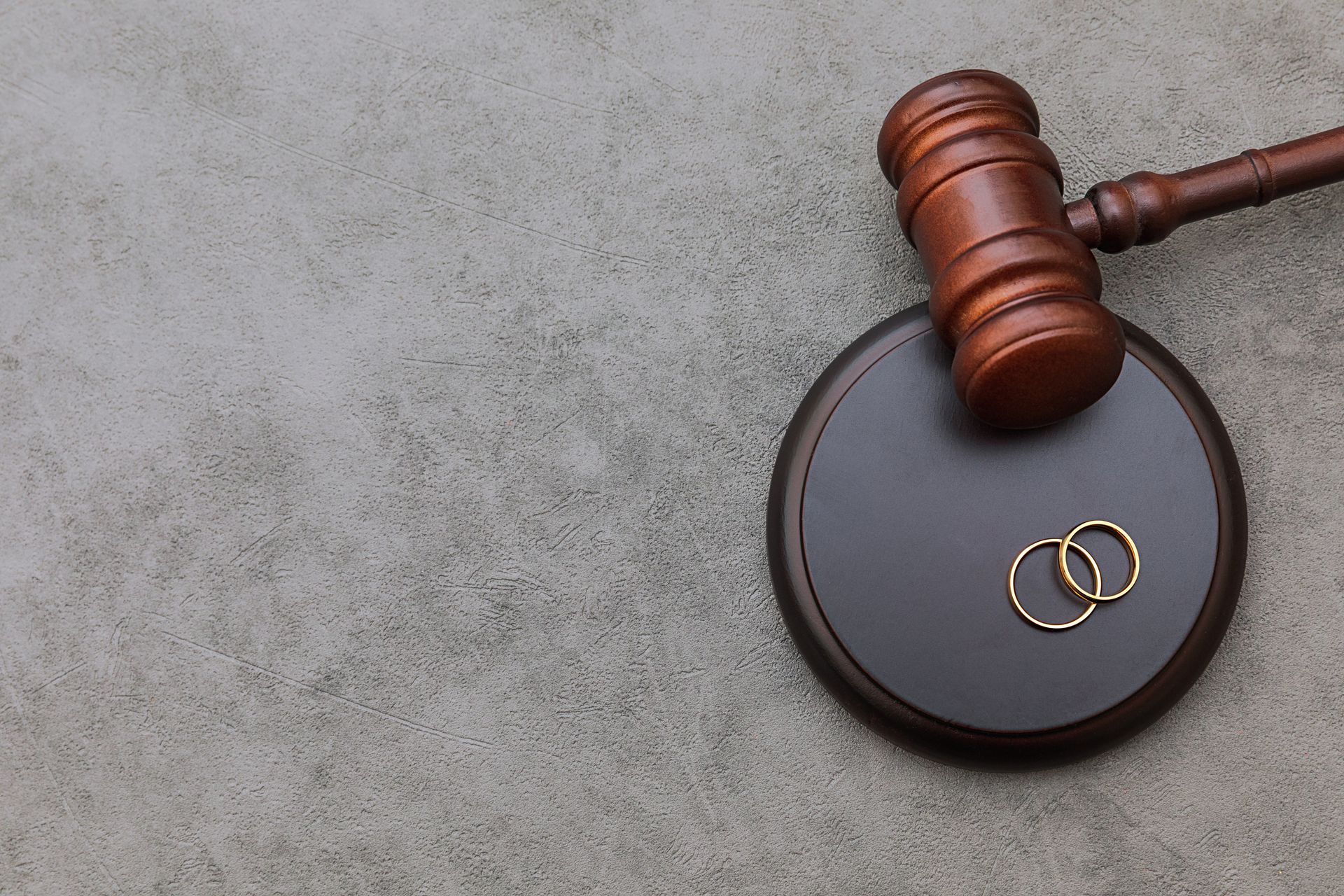How Property and Child Custody Are Decided During Divorce in the UK
Discover how property is divided and child custody is determined in a UK divorce. Learn about the legal process, mediation, and factors courts consider for a fair resolution.

We are often asked about the more technical aspects of divorce and have created a series of articles to explain these in easily digestible sections. In our last article, we answered a number of important questions about the divorce process in the UK, including how to start divorce proceedings, the legal grounds for divorce, how long the process takes, and the difference Between divorce and judicial separation. In this second of three articles, we will delve into how property is divided, and child custody is decided in a UK Divorce.
How Is Property Divided in a UK Divorce?
Property is normally divided between divorcing parties in the UK according to a number of factors set out in Section 25 of the Matrimonial Causes Act 1973, including:
- The income, earning capacity, property and other financial resources which each of the parties to the marriage has or is likely to have in the foreseeable future
- The financial needs, obligations and responsibilities which each of the parties to the marriage has or is likely to have in the foreseeable future
- The standard of living enjoyed by the family before the breakdown of the marriage;
- The age of each party to the marriage and the duration of the marriage
- Any physical or mental disability of either of the parties to the marriage
- The contributions which each of the parties has made or is likely in the foreseeable future to make to the welfare of the family, and
- The conduct of each of the parties, if that conduct is such that it would, in the opinion of the court, be inequitable to disregard it
Marital property can include the family home, savings, investments, personal possessions, and even businesses. In most cases, divorcing parties will try to reach an agreement on how their property and other marital assets should be divided between themselves. If this is not possible, ex-spouses are then encouraged to try mediation as a way to reach an agreement. If this is also not possible, an application for a Consent Order can be made to the courts whereby a judge will make a decision on a divorce financial settlement.
If you ask the court to make a decision on your divorce financial settlement, the judge handling your case will normally start by dividing your marital assets equally, but the final decision will depend on the above factors. The judge will also determine whether the divorce financial settlement should be in the form of a lump sum, sale or transfer of property, pension sharing arrangement, and/or spousal maintenance.
How Is Child Custody Decided in a UK Divorce?
Child custody decisions following divorce in the UK (referred to as ‘child arrangements’) are typically made jointly between both parents without the involvement of the courts. Joint custody (or joint child arrangements) means that both parents will retain custody of their child (i.e. their time is split equally between both parents). When reaching a decision on child custody, you will need to come to an agreement with your ex-partner on:
- Where your child will live (e.g. weekdays at one house and weekends at the other)
- How much time they will spend with each of you, and
- How you will financially support your child.
If you can agree with your ex-partner on child custody arrangements, it is advisable to draw up a ‘parenting plan’. If you are concerned that the other party may not uphold their side of the agreement, you can have this made into a legally binding order.
If you cannot agree on child arrangements, before going to court, you and your ex-partner will need to attend a Mediation Information Assessment Meeting (MIAM) to determine if mediation may be effective in finding a resolution. If mediation is not suitable or effective, you can apply to the court for a Child Arrangements Order whereby a judge will help you reach a solution or, if not, make one for you and your ex-partner.
Ultimately, the judge’s primary concern is always the well-being and welfare of the child concerned. When deciding on a Child Arrangements Order, they will consider a range of factors including:
- Whether the child has or is at risk of harm
- The ability of each parent to meet the needs of the child
- The child’s physical, emotional and educational needs
- The child’s wishes and feelings (considering their age and level of understanding)
- The impact of any changes in the child’s day-to-day circumstances.
Final words
Going through divorce and making important decisions on children and finances can be emotionally stressful and draining for most separating couples. To ensure that you reach the best possible outcome for you and your children, please speak to one of our empathetic and highly experienced family law Solicitors. We will take the time to listen to the details of your case, recommend a strategy to meet your needs, and guide and support you throughout the process to a successful conclusion.
For a free consultation regarding your divorce or any other aspect of your separation, please call our understanding and caring family law team on 0208 300 6666.














